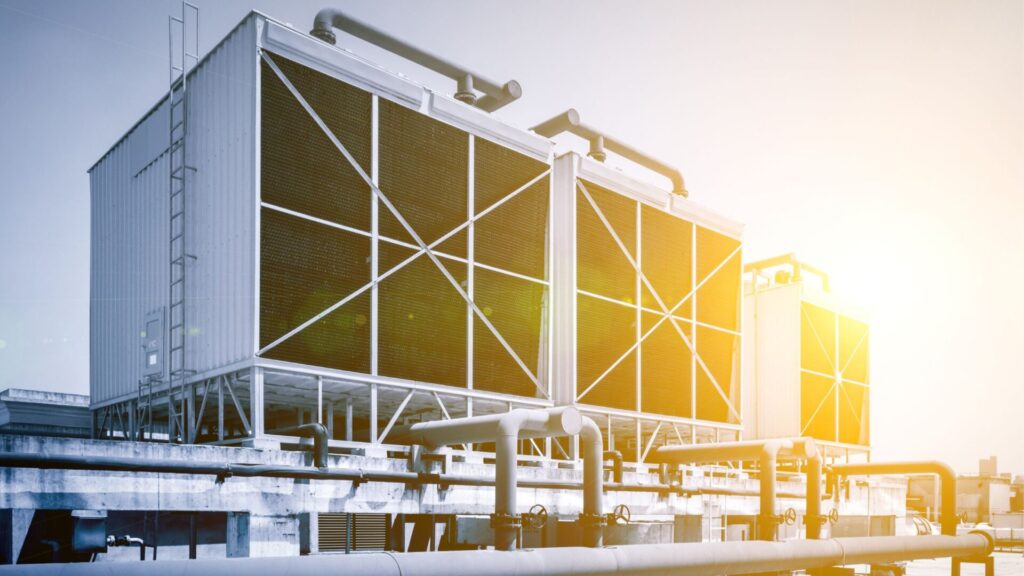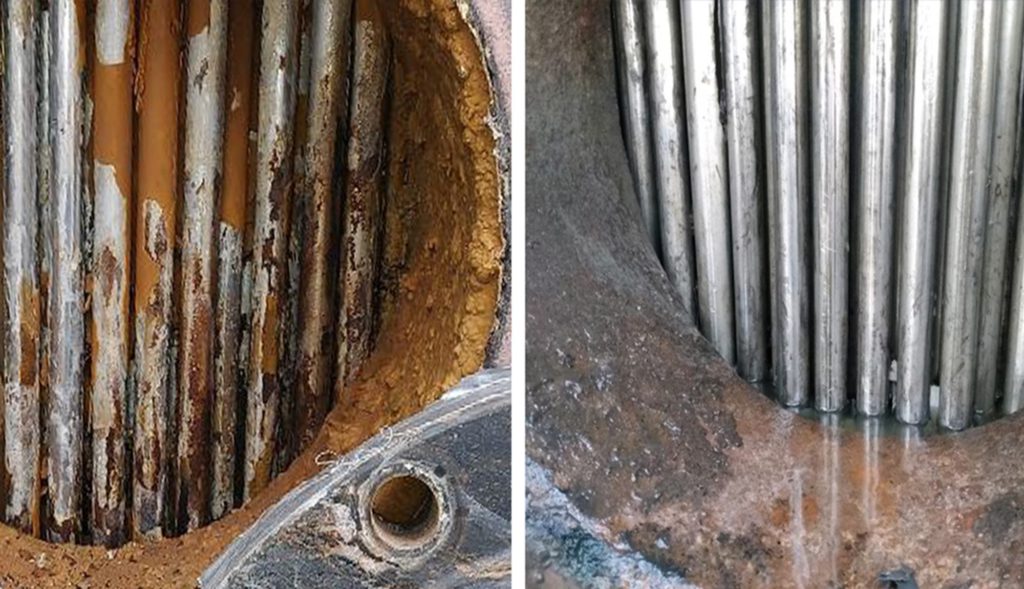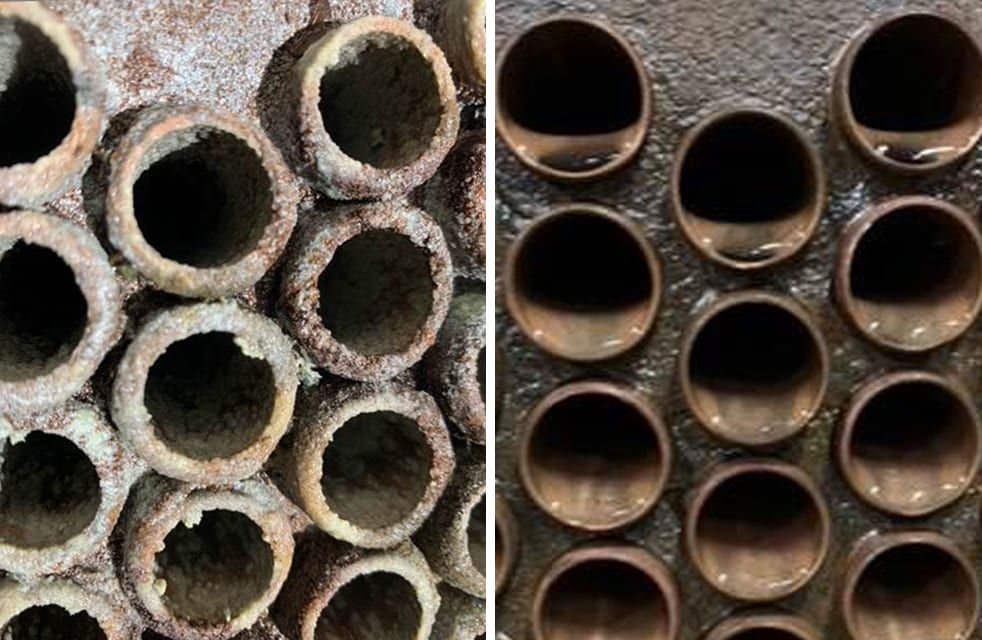
How Scale Buildup Affects Energy Efficiency in Industrial Equipment
Water scale is a silent money drain
Scale buildup may seem like a minor inconvenience, but its effects on energy efficiency in industrial equipment are far-reaching. From increased energy consumption and reduced flow rates to equipment strain and frequent maintenance, scale buildup can drive up operational costs and reduce productivity.
By implementing proactive measures such as water treatment, regular cleaning, and scale inhibitors, businesses can prevent the adverse effects of scale and ensure their equipment operates at peak efficiency. Ultimately, investing in scale prevention will lead to long-term cost savings, extended equipment lifespan, and a more sustainable operation. Let’s take a closer look.

Increased Energy Consumption
One of the most significant consequences of scale buildup is the decrease in heat transfer efficiency. In heat exchangers, for example, scale forms a layer on the heat transfer surfaces. This insulating layer acts as a barrier, reducing the amount of heat that can be transferred from one fluid to another.
As a result, the system needs to work harder and use more energy to achieve the desired temperature or heat transfer rate. In boilers, scale buildup inside the tubes or heat transfer surfaces can reduce the boiler’s overall efficiency, forcing the system to burn more fuel to generate the same amount of steam or heat. In both cases, energy consumption rises as the equipment struggles to compensate for the loss of efficiency caused by scale.
Increased Pressure and Reduced Flow Rates
As scale accumulates within pipes, boilers, or heat exchangers, it gradually reduces the internal diameter of the system. This narrowing of flow paths leads to increased friction and resistance to fluid flow. In the case of heating or cooling systems, the flow of water or steam is crucial to maintaining stable temperatures.
When scale buildup restricts flow, it can cause increased pressure within the system. The pump or compressor must work harder to push the fluids through, consuming more energy in the process. Reduced flow also means that the system has to operate for longer periods to achieve the required output, further increasing energy consumption.
Overheating and Equipment Strain
Scale buildup on heat exchangers and boilers can lead to overheating. Since the scale reduces heat transfer efficiency, more heat needs to be generated to reach the desired temperature. This causes components of the system to operate at higher temperatures than they were designed for, placing additional stress on the equipment.
The increased strain on components can lead to premature wear and tear, shortening the lifespan of critical parts like pumps, motors, and valves. Over time, this can result in costly repairs and replacements, further driving up the overall energy cost of maintaining the system.

Frequent Maintenance and Downtime
When scale buildup is left unchecked, it can lead to frequent maintenance shutdowns, as the system may require cleaning or repair. During these downtime periods, energy-efficient production is halted, leading to lost productivity. In addition, maintenance costs rise due to the need for specialized cleaning, such as chemical treatments or manual descaling, which can be both labor-intensive and expensive.
The ongoing costs of maintaining a system that is affected by scale buildup can quickly outpace the cost of implementing a preventative maintenance strategy, such as regular water treatment or scale inhibitors, to prevent the issue from arising in the first place.
Environmental Impact
The impact of scale buildup extends beyond the immediate effects on energy efficiency—it also has broader environmental consequences. Increased energy consumption means that more fossil fuels are burned or more electricity is consumed, leading to higher carbon emissions.
In industries where environmental regulations are strict, failing to maintain equipment and allowing scale to reduce efficiency could result in fines or penalties for exceeding emissions limits. Regular maintenance to prevent scale buildup not only improves energy efficiency but also contributes to a company’s overall sustainability goals.
RYDLYME The World’s Leading Biodegradable Descaler
For more than 80 years, RYDLYME has been the most trusted brand for removing scale from many parts of data centers–boilers, cooling towers, heat exchangers, condensers, chillers, and so much more. If you have further questions pertaining to the effectiveness of “The World’s Leading Biodegradable Descaler,” RYDLYME , please feel free to contact our main office.

